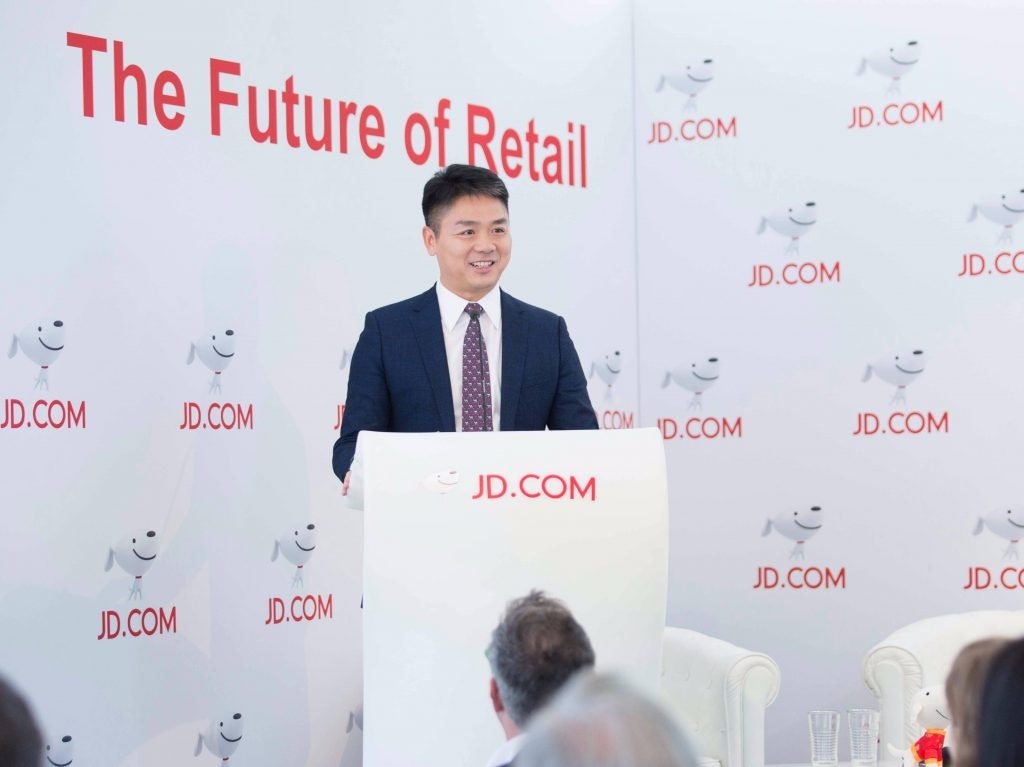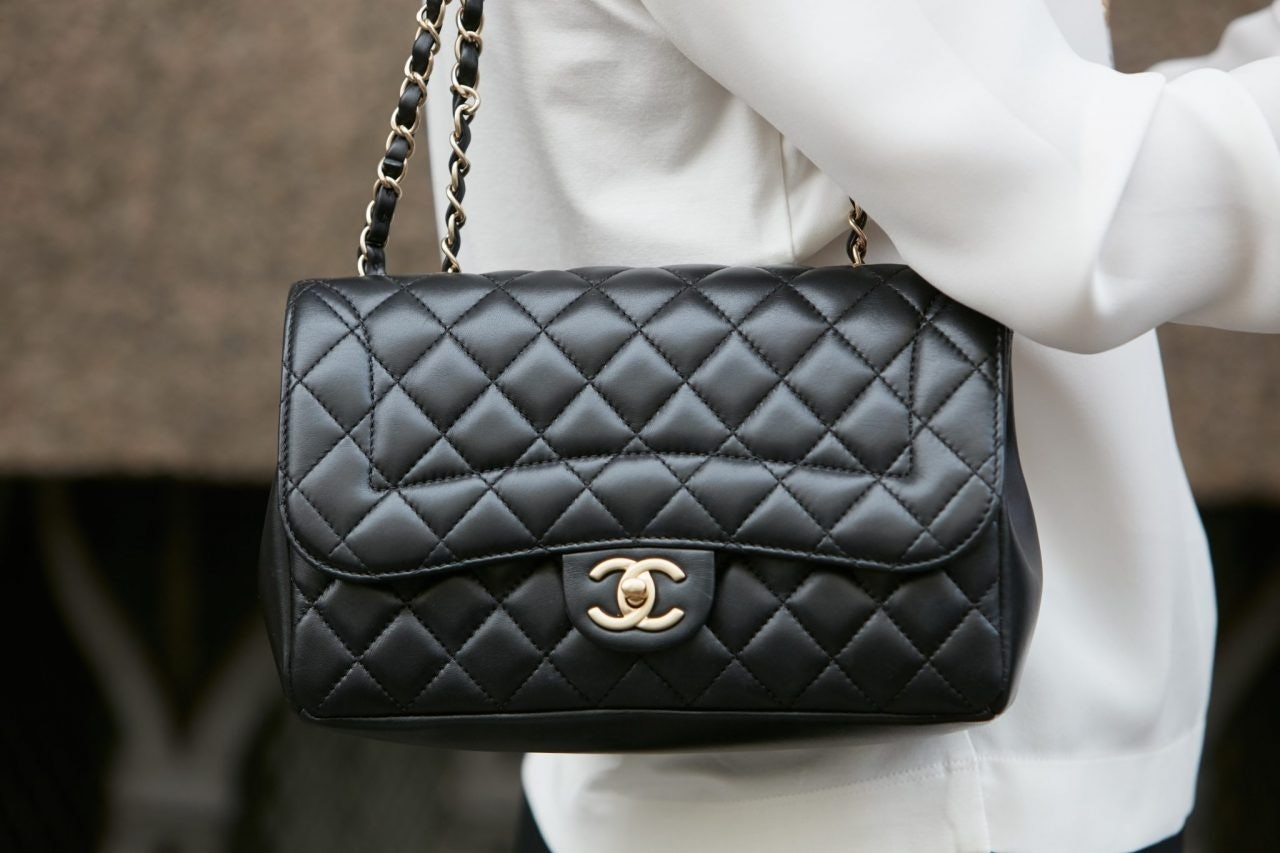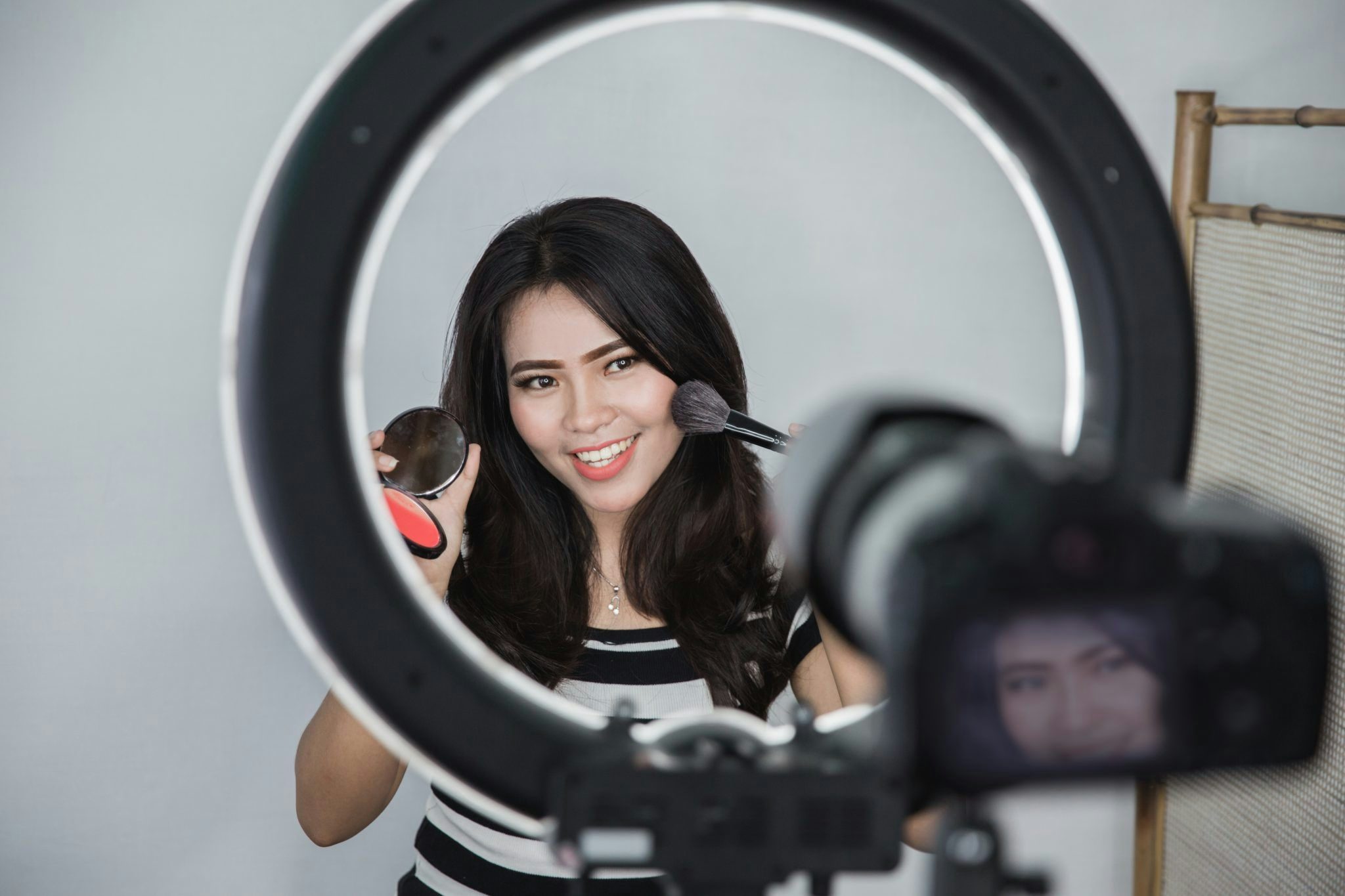Chanel has teamed up with Farfetch to develop new digital initiatives, the famously techno-cautious brand announced last week. Chanel has stopped short of selling its items on Farfetch, but the collaboration nevertheless brings the luxury brand much closer to one of Farfetch's major shareholders, JD.com and its luxury e-commerce platform, Toplife.
While other luxury brands are eagerly rushing into e-commerce, especially in China, Chanel has thus far remained hesitant. Back in November, Bruno Pavlovsky, president of fashion at Chanel, told Chinese media that Chanel would not be selling online or hiring any Chinese KOLs.
“This [Chanel-Farfetch] deal is about accelerating and enriching the experience of the client before and after their visit to the boutique,” Pavlovsky told The Financial Times last week. Their goal is to court tech-savvy, millennials with a branded app that creates a more personalized in-store experience.
However, with JD.com investing 397 million in Farfetch and JD.com’s CEO Richard Liu becoming one of Farfetch’s largest shareholders last summer, one wonders if Chanel is preparing to relinquish the control and exclusivity that comes from selling only in their own stores to meet the e-commerce expectations of young Chinese consumers. There are certainly signs of an emerging relationship. At last month's Davos Economic Forum in Switzerland, JD.com held an invitation-only party, and Chanel Heir David Wertheimer was among the 50 guests.
Jing Daily reached out to Chanel’s U.S. corporate office for comment but didn’t immediately receive a response.

Chanel's History in China#
Chanel has long been bullish on China, opening its first makeup store there in 1993, first fine jewelry store in 2007, and first perfume store in 2013. Chanel has also hosted its global Cruise Campaign in three Chinese cities since 2003 – Beijing, Shanghai, and Chengdu.
Likewise, China has been fond of Chanel since it was first introduced to the country. Chanel is the most-purchased luxury brand among wealthy Chinese, with 41 percent of them having bought a Chanel product in 2014, compared to 32 percent for Dior. Forty-six percent of those surveyed said they hope to buy more Chanel items in the future, according to a CNN Money survey.
Nevertheless, Chanel still has plenty of room to improve their position in the Chinese market. The brand's sales are reported to have dropped since 2015, forcing the company to knock 20 percent off of its retail prices in 2016. Prices dropped further in China as Chanel sought to bring them into alignment with prices in Europe between mainland China and Europe. We don't know whether Chanel's sales have in fact dropped as it is not a publicly listed company, and Chanel doesn't share the information with outside sources (Jing Daily’s request to verify these sales number was declined by the company).
One way for Chanel to turn things around is to make their products available to more consumers in China. Currently, Chanel's ready-to-wear clothes are sold only in Beijing, Shanghai, Guangzhou, and Chengdu, and its luxury watch and jewelry retail stores are only available in Beijing and Shanghai.
Meanwhile, JD.com has perhaps the most impressive distribution network in China, capable of delivering items around the country at enviable speeds and low costs, and that's before the addition of JD.com's domestic rail freight pilot program. Toplife aims to make the efficiency and convenience of e-commerce more appealing to luxury brands and consumers with a mobile-first, editorial-like design.
Even if Chanel does decide to embrace China's booming online luxury market, they may choose not to partner with Toplife but with its biggest competitor, Luxury Pavilion. Jessica Liu, president of Fashion and Luxury at Tmall, told Jing Dailyearlier this month that the company “has been in touch with all kinds of luxury fashion brands” to launch exclusive partnerships.

